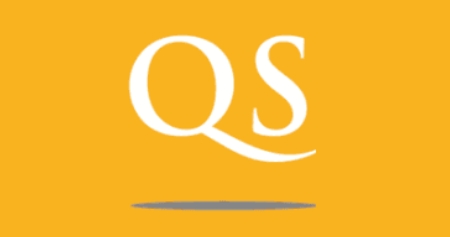
COVID-19 pandemic has caused major disruptions to the higher education sector globally including research and international collaboration. With the start of the pandemic, many traditional research activities other than those related to COVID-19 research were largely slowed or suspended. Universities restricted or minimized access to their research facilities and laboratories to promote safety; academics and faculty exchange programs were put on hold and physical scientific conferences were either cancelled or postponed. For many universities and colleges research agendas in general have been affected due cost cuttings and the need to re-allocate funds to address the consequences of the rapid spread of the pandemic presenting a risk on scientific projects initially planned.
On the other hand, the emergence of the pandemic has changed the way in which the scientific research is conducted globally and led to substantial innovation in research, scholarly activities and collaboration. We have seen numerous virtual scientific conferences and research events happening, wider online collaborations taking place, highly sophisticated virtual labs and simulations being developed and increasing online learning opportunities for postgraduate research students arising; all of which may have the potential on the long run to reshape how things are planned within the sector and become more of a permanent approach.
The panel aims at providing a landscape overview of what is known about the impact of COVID-19 on university research and international collaboration both globally and regionally and the sort of strategies, support and actions that could be considered to plan the future of research and collaboration in the sector post the pandemic.
Very specifically the panel aims at:

Secretary-General,
League of European Research Universities (LERU), Belgium


Prof. Francisco Marmolejo
QF Chairperson's Office, Qatar Foundation, Qatar


Senior Vice President,
Research and Development, Khalifa University of Science and Technology, UAE


Regional Director,
Middle East, Africa & South Asia, QS Quacquarelli Symonds CEO, QS IGAUGE Rating

Registration in the Panel Discussion is free and open to anyone from the higher education community wherever located. However, there is a maximum capacity to the session and slots will be allocated based on ‘first come first served’; hence we recommend early registration. Kindly note that shall you be unable to join the session, an email to in*******@cl*****.com should be sent to cancel your registration and enable other colleagues to join.
Participants who attended the session can receive towards the end of the session the link to their certificate of attendance.
The Center may reserve the right to limit the number of registrations from the same institution to provide the opportunity to other institutions to join or to prioritize registrations from among the target audience.
WhatsApp us